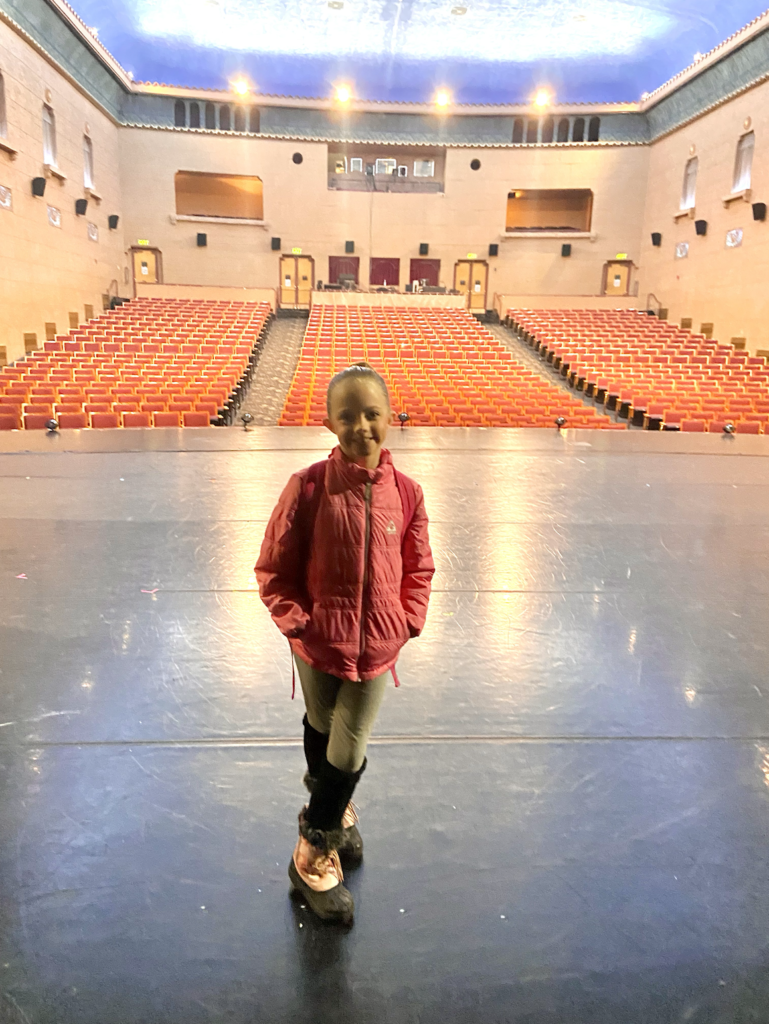Clara Schumann: A 200-Year Legacy

This week we celebrate the 200th birthday of Clara Wieck Schumann. Keep reading to learn about her life and career, and be sure to check out the free download below!
Born September 13, 1819, Clara Schumann is one of the most well-known female composers. Hers is the most famous love story in all of classical music with her husband and great composer Robert Schumann. She lived an interesting life, full of much sadness, and had very complex relationships with the men in her life. She lived a lot of her musical life in the spotlight as a great concert pianist who toured all over Europe. She saw herself first as a performer, second as a mother (she and Robert had eight children), and third as a composer.

Clara was a melancholy child who didn’t speak for the first four years of her life. Before she turned five her mother divorced her father, and because of the law she was put in the custody of her father. Her father, Friedrich Wieck, was a well-known music teacher who used his daughter as an example of his great teaching methods. He taught her piano, theory, harmony, counterpoint, composition, singing and violin. He was very demanding and controlling. He worked hard to get her performance opportunities and a lot of publicity. He was her first and only teacher, beginning at the age of four. She had her first official concert at age nine and started composing around the same time. She had her first extended concert tour when she was twelve or thirteen years old.
As a pianist she was a powerhouse. She had a large reach (she could reach a tenth) and played with great force and clarity. She was a child prodigy and a virtuoso. She was very popular as a performer – at one concert the police had to be there to control the crowd. She often had up to thirteen curtain calls and several encores. Her father trained her for this kind of life. He wanted his daughter in the limelight, perhaps because it was proof of his great teaching expertise. He trained her to perform despite anything that might be happening in life – chaos, illness, tragedy – Clara was able to play on. It was customary for performers of her day to play their own compositions, so Clara composed.
Young Robert Schumann became a piano student of Friedrich Wieck and moved in to their home when Clara was a child. They became friends, and then when she was a teenager they fell in love. He kissed her after her sixteenth birthday party. They wanted to marry but her father vehemently opposed the marriage. Finally, after a long legal battle, they married in 1840.

Clara was a great inspiration to Robert, and really was influential to his musical success. He, however, was not very encouraging to her in her composition. He believed that “men stand higher than women,” and frequently made her feel very insecure about her compositions. His comments about her music must have really gotten to her, as she once tragically wrote, “I once believed I had creative talent, but I have given up this idea; a woman must not wish to compose.”
While Clara lived for the spotlight of performing, Robert believed that the greatest artistry was achieved away from the public eye. He did not want his wife to perform publicly, but she loved it too much. He monopolized their piano for his composing, leaving little time for her to compose or even to practice. In the summer of 1853, when they finally lived somewhere with room for all of their children and both of their pianos, Clara said, “When I can work regularly I feel once more really in my element. A quite different feeling comes over me, lighter and freer and everything seems to become brighter and cheerful. Music is a large part of my life, and when I must do without it, it is as if I were deprived of bodily and mental vigour.”

Clara continued to perform, going on several extended tours in-between the births of their eight children. Her husband Robert suffered from mental illness, and eventually ended up in an asylum until his death in 1856. Once he died, Clara stopped composing. She continued to perform to support her family, and in her sixties she was the principal piano instructor at a conservatory in Frankfurt, Germany.
A large portion of Clara’s compositions are works for solo piano, however she also was a major contributor to German lieder, writing several songs based on poetry. Maurice Hinson said that “her piano works display a variety of emotions including enthusiasm, melancholy, passion, and sometimes sparkle.”
This is an excerpt from “Shades of Sound: Women Composers – A Listening & Coloring Book for Pianists.” Would you like a free sample of this book, including this biography of Clara, and highlights of three piano pieces she composed with accompanying coloring pages? Click below to receive your free digital copy!



















